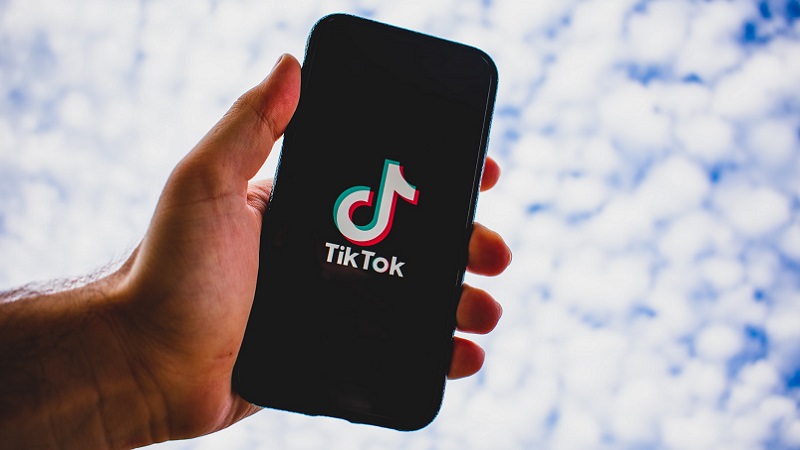Tik Tok has spied on his users on a grand scale. This has revealed a new feature in the beta version of iOS 14. Allegedly the company had already fixed the bug in April 2020. Now it turns out that this was not the case. What else can we believe? A classification.
It is not uncommon for apps and services to use small weaknesses or gaps in operating systems to gain access to personal data unnoticed and unrecognized.
However, if a developer then draws attention to the abuse and several media report about it at the same time, the affected company tries to appease quickly.
Then, with the latest update of the operating system or a new version of your own app, the bug will be removed publicly. For the users this means: The danger is eliminated. My data is safe, even if I continue to use the service.
Tik Tok stores clipboard – despite statement to the contrary
Such a case has now been revealed by cyber security expert Zak Doffman. Here’s what it’s about: Doffman discovered in April 2020 that Tik Tok – and probably other applications as well – spy on the clipboard on smartphones without being noticed.
This means: If there is something in your clipboard – this could be a password, for example – Tik Tok will be informed. Jeremy Burge, for example, shows what this looks like on his Twitter account.
This problem has actually been known for months. The Chinese social media app originally cited a bug in a software development kit (SDK) from Google as the reason for the millions of espionage.
Allegedly the error was then also corrected in April 2020. However, the screenshots on Twitter from the new beta version of iOS 14 show that the statements are probably not true.
New security feature from Apple reveals espionage
But how did the espionage come to light at all? In mid-June 2020, Apple presented the beta version of its new operating system iOS 14. The company from Cupertino, California, has again added a number of new security features.
One of these features, for example, is that all users receive a push notification on the screen as soon as an application accesses the iPhone clipboard.
Tik Tok told Forbes magazine that the function is not intended for espionage, but to detect and prevent bots and spam-like behavior early on.
What else can we technology companies believe?
Now it’s actually possible that Tik Tok – and other applications as well – actually spied on the behavior of their own users because of this intention. Two questions nevertheless arise:
- Why does Tik Tok secure access to the clipboard in all apps and not just in its own application?
- How credible are the statements of technology companies still when it turns out a few months after an announcement that the old method is still being used?
For example, by synchronizing several Apple devices, Tik Tok was also able to access your clipboard on your Macbook. With the update to iOS 14, the social network is now committed to fixing the bug once and for all.
However, whether and to what extent this also applies to Android users and their devices is still open. With regard to data protection and transparency, one can only hope that Tik Tok will finally tell its users the truth here as well.










